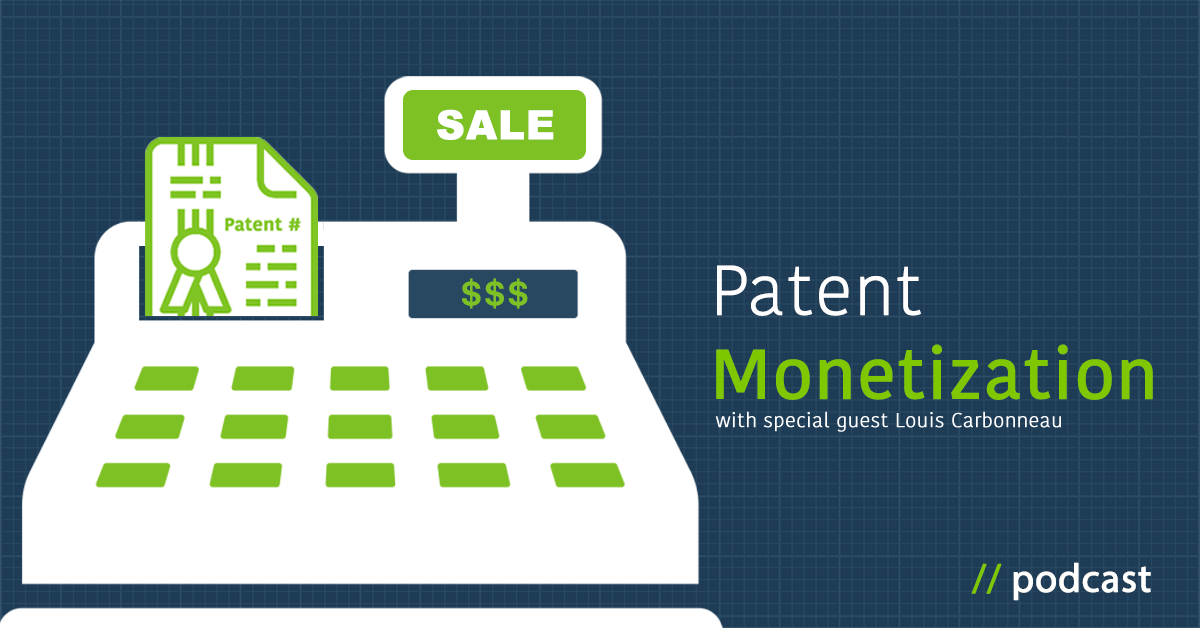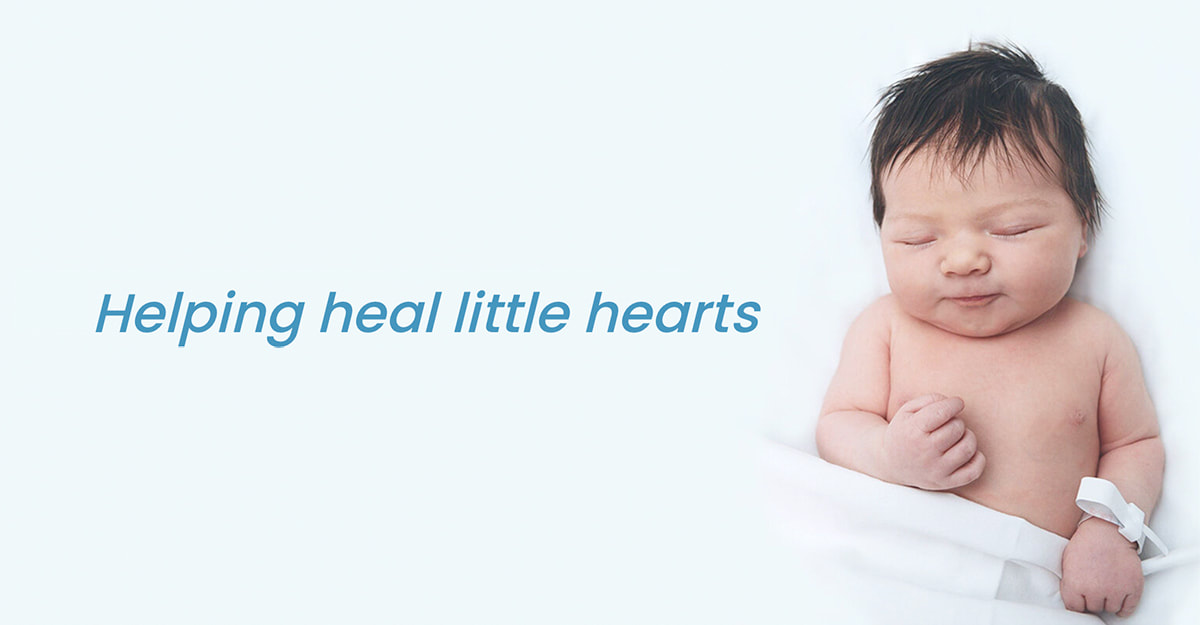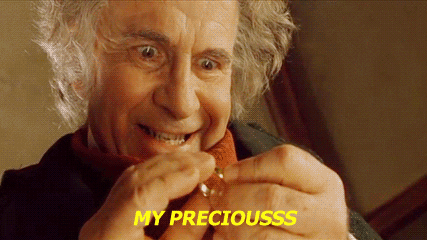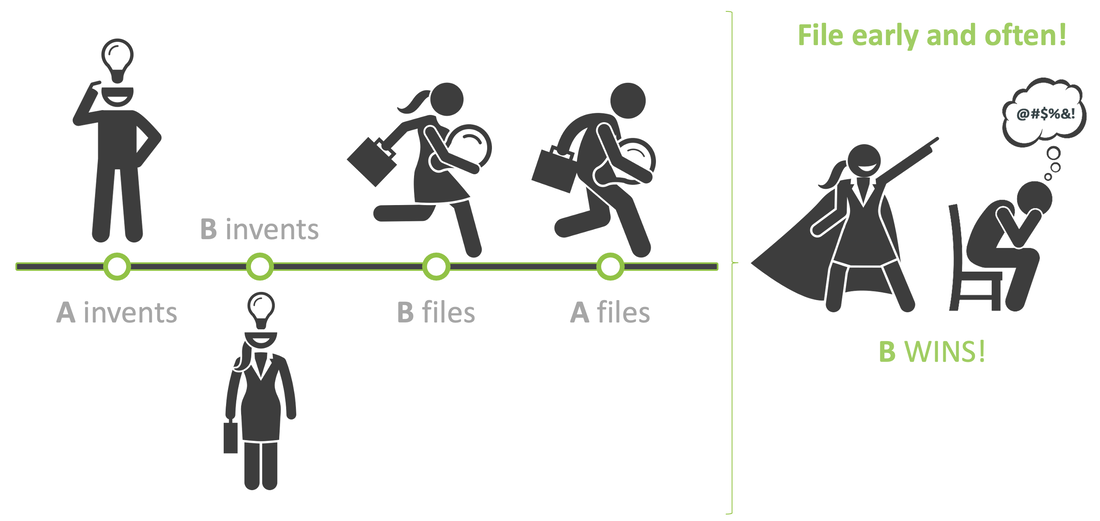|
By: Josh Sloat
Episode 6: Patent Monetization
Buying and Selling, with special guest host Louis Carbonneau
In this episode, we take a deep dive into the war games filled world of patent buying and selling. We are joined today by special guest host, Louis Carbonneau, Founder & CEO of Tangible IP. Mr. Carbonneau is a recognized expert in intellectual property with close to 30 years of professional US, Canadian, and international experience in all facets of intellectual property law and business. His firm is the largest brokerage firm in the world and has transacted over 4,500 patents in the past decade. When we sat down with Louis, we hoped to be able to provide our listeners with a 101 style talk on the ins and outs of patent monetization. What we got was so much more and so very consistent with our mission of helping our audience see around corners and help their future selves. Louis begins with some excellent historical perspective and an overview of the state of the market, but really drives it all home with a plethora of forward-thinking strategies that make for more robust, defendable, assertable patents. Patents are a long game. The little things you do now can have tremendous impact over the next 15 or more years of your business journey and it’s vital that inventors and practitioners start keeping these strategies in mind, if they have any hope of crafting battle ready, commercial-grade patents. Expert Panel Louis is joined today by our always exceptional group of IP experts including:
Topics Covered
Availability
Patently Strategic is available on all major podcasting directories, including Apple Podcasts, Spotify, and Google Podcasts. We're also available on 12 other directories including Stitcher, iHeart Radio, and TuneIn, so you should be able to find us wherever you listen to podcasts.
Topic and guest participant requests
If you’re an agent or attorney and would like to be part of the discussion or an inventor with a topic you’d like to hear discussed, please reach out.
Resources
If you haven’t listened to our episode on patent searching, we highly recommend you also give it some ears. In this episode, Louis talks a lot about the importance of searching as it pertains to drafting valuable patents, how it’ll help if you get IPR’d, and also help against infringers. It tees in wonderfully with the context and strategy bits Shelley covers in the prior episode. Be sure to check it out.
We're also providing computer-generated transcripts for improved accessibility and additional reference opportunities.
0 Comments
By: Ashley Sloat
What you can do!
Please help our client, Starlight Cardiovascular, win a financial prize to further their development of devices for babies that are born with an extra connection in their heart and need lifesaving surgery.
Please like, share, and watch their one minute video until the end. See below and original link here. About Starlight Cardiovascular
Starlight Cardiovascular is focused on the essential mission of creating devices to treat babies born with congenital heart defects. Approximately 1.3 million babies are born each year with a CHD. Most of the tools used to treat these children were designed for adult conditions and anatomy, limiting their utility for pediatric patients. Starlight Cardiovascular is developing a portfolio of devices designed and tested specifically for pediatric CHD with the goals of improving morbidity, mortality, and access to care.
By: Ashley Sloat
To Share or Not to Share...
You’ve had your stroke of genius. Your next inclination is to immediately do one of two things: 1) Yell it from the rooftops and share it with anyone who will listen or 2) keep it close to the vest, not tell anyone, and guard your idea like it’s the One Ring. Both instincts are usually wrong. At least in their absolute forms.
Knowing when to share your idea and when to shush is a vital distinction on the journey to innovative success.
The Opportunity Cost Problem
As we’ll discuss more, sharing too much and too soon can have detrimental effects on your ability to later protect your idea. But not sharing at all can come with tremendous opportunity cost. Sharing an idea provides valuable insights and traction, from feedback to refinements to people recruitment.
Reid Hoffman, founder of LinkedIn, venture capitalist, and renowned “Oracle of Silicon Valley” has said: When you have an idea, a classic entrepreneurial impulse is to hold the idea close to you and not tell people and that’s almost always a mistake … the truth is, your asset is that you were in motion on this idea and you should talk to everyone smart who can give you feedback to try to refine the idea, to try to build it. The Approaching Investors/Pitching Problem
AKA: Can I share my idea before filing a patent?
Keeping your idea a secret may also not be an option depending on your funding goals. As an inventor approaching potential investors, you’re going to want to protect your idea from being stolen. You might be inclined to think a nondisclosure agreement (NDA) is the answer. Many investors, however, are unwilling to sign confidentiality agreements, given their handcuff potential on future deals. Protect Your Idea with a Patent Before Sharing
So how do you strike the balance? How do you share enough to get the invaluable gift of feedback and give investors the details they need to evaluate deals, while protecting your idea from being stolen, but do so in a way that is economically practical pre-investment and pre-revenue? The simple answer is: file a provisional patent application before you publicly share, sell, or disclose any details. Provisional patents in particular are a cost-effective, low fidelity (you don’t have it all figured out yet) approach to protecting your idea, while securing the earliest possible filing date. Let’s explore why this matters.
First Inventor to File
The United States, similar to the rest of the world, is a first inventor to file system, which means...you need to file a patent on your technology before you publicly disclose it. If someone invents the idea after you but files with the patent office before you, that someone wins the patent and you lose.
What constitutes public disclosure?
Publicly disclosing your invention before you file a patent application can cause you to lose your patent filing rights. For example, in the U.S., the following activities could bar your idea from later patenting:
Are there exceptions to when I can share?
There is lots of gray area between patenting and sharing. For example, advertising a product not yet developed, pre-announcing a product that is not yet developed, or experimental use are all public events when your idea is not “patent ready” so such activities may not prevent you from later patenting your idea. Some jurisdictions, including the U.S. also offer grace periods, so if you accidentally shared too much before reading this, you may still be able to get a patent.
Shush => Patent => Share => Succeed
Share your idea – and do so with great gusto – but only after your patent application is filed. Patents have the long term added value of maximizing startup funding and growth, while protecting your valuable technologies as early as possible so you can go out and start safely getting that valuable feedback. You will learn great things about the technology and yourself when you share it.
Go Deeper
If you'd like to learn more about the topics discussed in this post, please check out the following. Or just drop us a line and we'd be happy to help!
The on-sale bar topic is SO important that we made it the main focus of our first podcast episode, where we take a deep dive into the trapdoor-esque implications of selling your innovation before filing. |
Ashley Sloat, Ph.D.Startups have a unique set of patent strategy needs - so let this blog be a resource to you as you embark on your patent strategy journey. Archives
July 2024
Categories |









 RSS Feed
RSS Feed